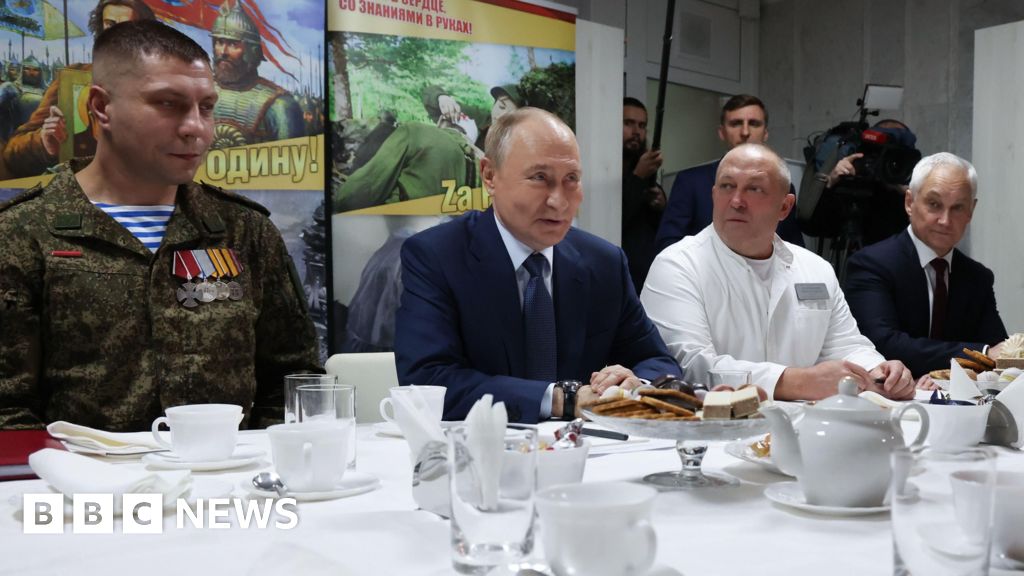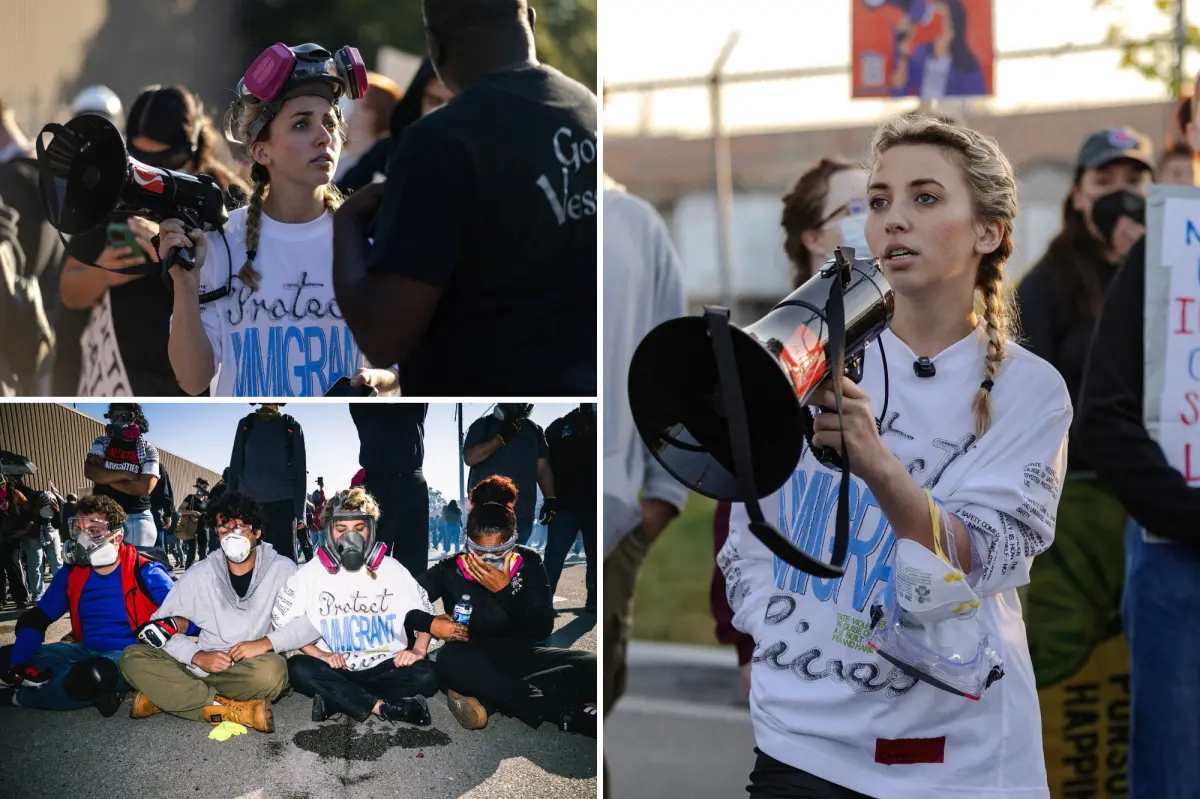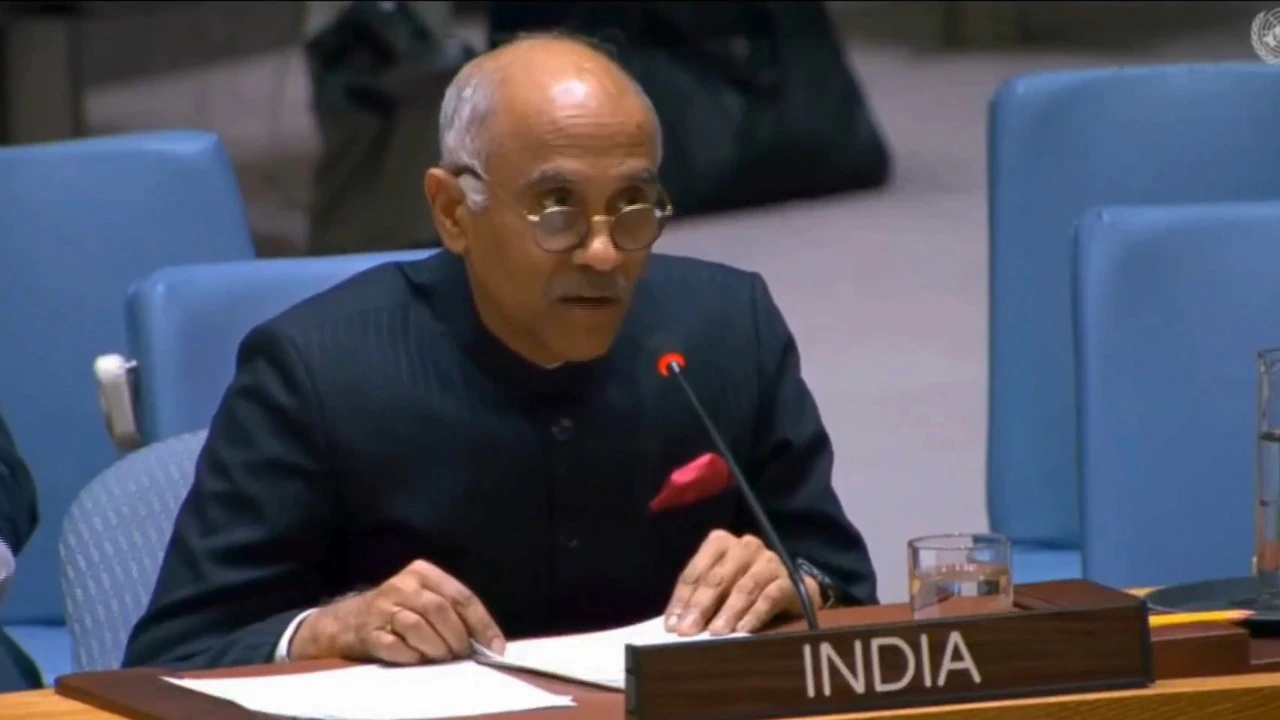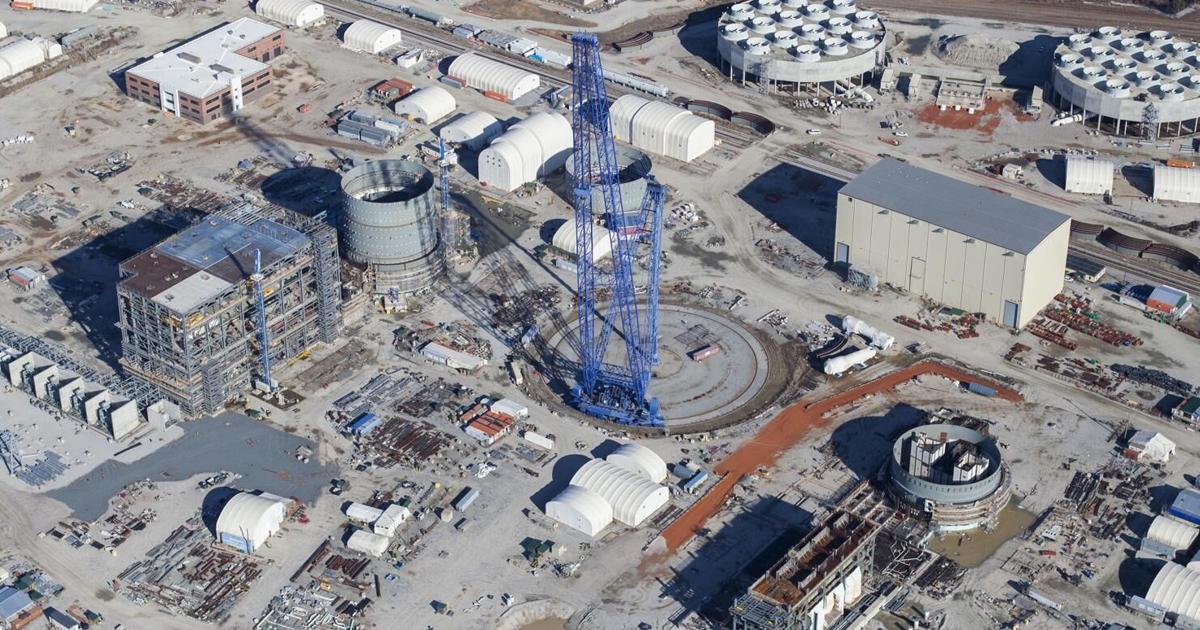Copyright bbc

It is not unusual for Russia to test and flaunt weapons. And, despite the boisterous nature of Russian announcements, their military value is ambiguous. "They are basically Armageddon weapons - too powerful to be used unless you're happy to destroy the world," Mark Galeotti, a Russia scholar and long-time observer of Russian politics, told the BBC. Both the Poseidon and the Burevestnik are second-strike, retaliatory weapons, Mr Galeotti added - and not even the most rabid Kremlin propagandists are suggesting anyone is preparing to launch strikes on Russia. It is also unclear whether the weapons are actually viable. In 2019, five Russian nuclear engineers died in a rocket engine explosion which some Russian and Western experts said was linked to the Burevestnik. Two years later, the International Institute of Strategic Studies (IISS) - a London-based think tank specialising in global conflict and security - noted that Russia faced "considerable technical challenges" in ensuring "the reliable performance of the nuclear-propulsion unit" of the missile. Neither the Poseidon nor the Burevestnik were entirely novel - both had first been presented to the world in 2018 as part of a new array of weapons that Putin called "invincible". So it is the timing of the announcements - rather than their contents - which could be noteworthy. After a whirlwind few months of tentative diplomacy by US President Donald Trump to try and bring Russia and Ukraine to the negotiating table, Trump appears to have cooled off on the endeavour to end the war. Last week, the White House cancelled a summit between Trump and Putin, apparently after US Secretary of State Marco Rubio realised the gulf between Moscow and Washington's positions was too great for a high-level meeting to achieve meaningful results. Not only is there no suggestion of any further talks, but soon after the meeting was cancelled, Trump imposed sanctions on two of Russia's biggest oil producers as punishment for Moscow's failure to agree on a peace deal in Ukraine. And while his relationship with Ukrainian President Volodymyr Zelensky seems to still be fraught, it appears Trump is growing irritated with Moscow's intractability. So Putin may be vying for Trump's attention. "In the face of Trump blowing hot and cold with his support for Ukraine or sympathy to Russia, here is an element in which Moscow has bigger cards than Kyiv," Mr Galeotti argued. "So in that context [successful weapons tests] are more about keeping him thinking Russia is indeed powerful." Another clue could come from the battlefield in Ukraine. Three-and-a-half years after Russia launched its full-scale invasion of its neighbour, its troops continue to merely grind on - at great cost in human life and resources - with no obvious breakthrough likely any time soon. "We are getting towards the end of summer fighting season in Ukraine and it has not gone very well for the Russians," said David Heathcote, head of intelligence at McKenzie Intelligence Services. The announcements about the Burevestnik and the Poseidon should be seen as a reflection of the weakness of their conventional forces, Mr Heathcote told the BBC. Russia is not formally part of any military alliances that would serve as a deterrent if it is on the back foot, and its army is tied up and under pressure in Ukraine. In these cases, Mr Heathcote says, "the Russians always react with unnecessary and overexaggerated sabre rattling". While Moscow's decision to publicly announce the Burevestnik and Poseidon tests may have been influenced by this, it seems the claim has already had the tangible effect of provoking Trump into instructing its military to resume nuclear weapons testing. Trump justified the move as a way of keeping pace with other countries such as Russia and China. "With others doing testing, I think it's appropriate that we do also," Trump said - although it will likely take several months for the US to restart nuclear tests after a 33-year pause. The Kremlin's reaction to Trump's statement was quick Putin spokesman Dmitry Peskov questioned whether the US president had been correctly informed. The Russian tests "cannot in any way be interpreted as a nuclear test", Peskov said. Trump did not elaborate on the kind of tests he wanted the US to resume. It was likely, said Christopher Egerton of the Institute for Strategic Studies (IIS), that Trump's decision was a direct response to the Russian test of the Burevestnik and that the US could be planning to conduct similar flight tests of US Intercontinental Ballistic Missiles.



